In Haiti, Football World Backs Federation Boss Accused Of Rape
At a training facility outside the Haitian capital, where young female football players are living under a coronavirus lockdown, the atmosphere is heavy, following allegations that the head of the sport's national federation raped several teenage girls there.
But at the academy -- once a ranch owned by Haiti's former strongman Jean-Claude "Baby Doc" Duvalier -- players and staff are largely on Yves Jean-Bart's side, calling him a father figure.
"President Jean-Bart is like a father to us all... he loves and respects everyone," says Yvette Felix, a 38-year-old former national team captain who has worked as a coach since 2006.
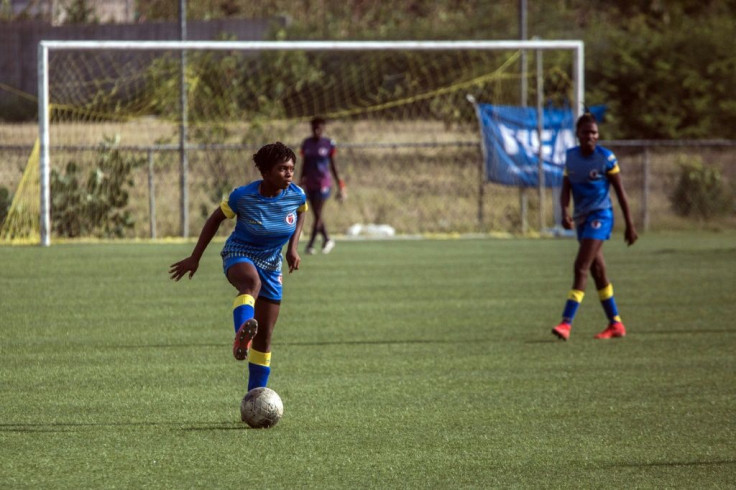
The claims stem from a report by The Guardian, in which the alleged victims and their relatives said the 73-year-old Jean-Bart had raped or sexually assaulted them over the past five years.
Several alleged victims -- who said they were pressured to keep quiet -- told the British newspaper that at least two minors were forced to have abortions to cover up rapes.
Haitian police have launched a probe into the allegations, first revealed late last month, and a judge has already summoned several federation employees to answer questions.
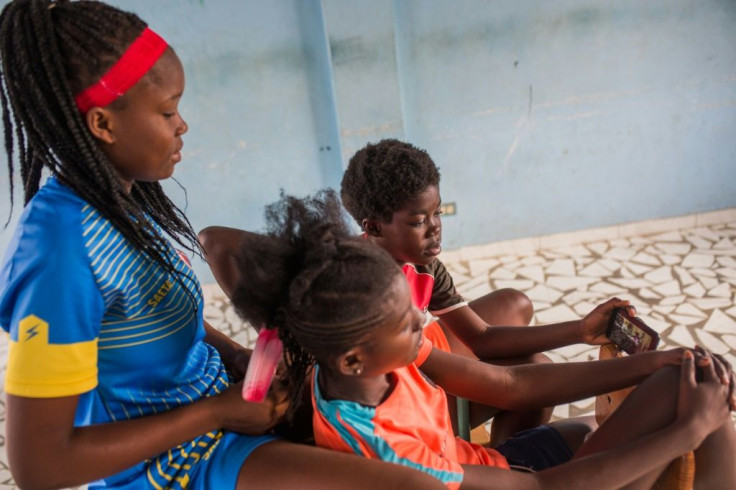
Two women's advocacy groups, SOFA and Kay Fanm, have issued a statement in support of the alleged victims.
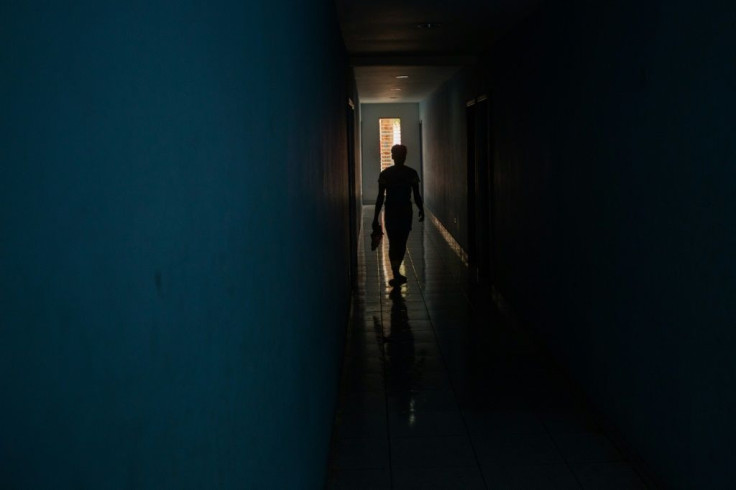
Nevertheless, at the Haitian Football Federation center, which was founded after the devastating 2010 earthquake, multiple people told AFP they were shocked by the claims.
"The president treats us like his own children. I don't think that all that really happened. I don't believe it," said one 12-year-old female player, who has lived at the facility since December.
In the wider sports community in the Port-au-Prince area, the view of Jean-Bart as a father figure spans generations.

He has led the country's football federation for two decades. His re-election in February for a sixth term was a mere formality -- he ran unopposed.
Reached by telephone, Jean-Bart categorically denied all allegations against him.
"This is an insult to the nation," he said, adding that he planned to file a complaint in Paris against the French journalist who co-wrote the Guardian piece.
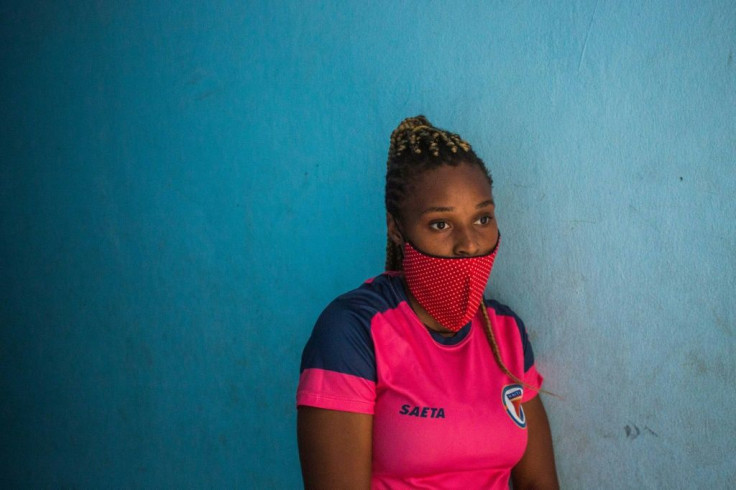
"He defamed our country. He left a stain on our flag. He insulted the girls."
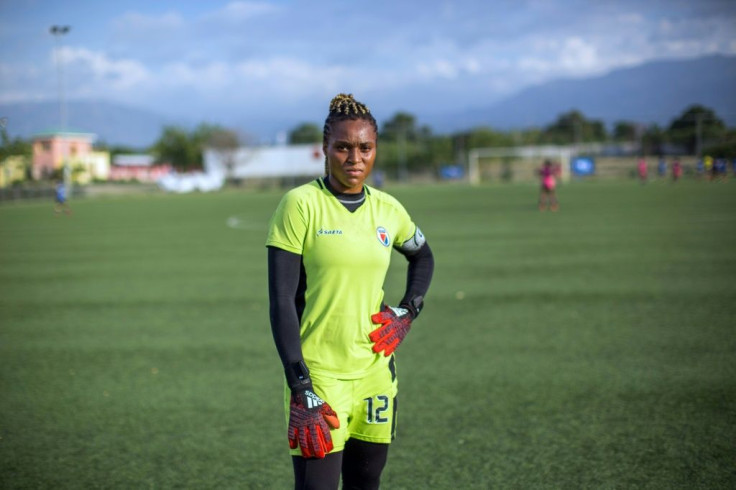
Football is revered in Haiti, and has given the impoverished Caribbean nation a few moments in the international spotlight.
For some, attacking Jean-Bart -- often referred to by his nickname, "Dadou" -- is akin to attacking the country as a whole.
After the Guardian article was published, several players organized a protest at the training camp. Photos of them circulated on the internet.
"We made signs to say 'Stop sullying our image, stop sullying the image of the nation," explained Kerly Theus, the 21-year-old goalkeeper for the women's national team.
While the #MeToo movement against sexual assault and harassment has flourished around the globe, it is still in its infancy in Haiti. Victim blaming is common. The freedom to speak out against an assailant is not encouraged.
"When we talk about abuse here, sometimes people think it's the victim's fault -- that she wanted it, that she accepted it," said Theus.
"Before, when we posted a photo or video of us on social media, people were proud," she added.
"Now, because of what was published, if we post a picture, people say: 'That's the president's woman.'"
Before being confined to the facility as a safety measure in mid-March, when the first coronavirus case was confirmed in Haiti, the players were already living in somewhat spartan conditions, crammed into dorms with crumbling walls.
Hanging a sheet between the beds in the rooms is the only way to get a bit of privacy -- and isn't necessarily any guarantee of personal safety.
"We share rooms. We're together all the time, and we're friends, but you might have a problem in your life that I know nothing about," said Melissa Shelsie Dacius, who is 20.
"I can't really say that nothing ever happened to the people who live right here with me," she noted, before adding: "Nothing ever happened to me."
Webens Prinsime, a former player on the men's national team, says he's known Jean-Bart for more than 30 years.
"No one wants to be associated with anyone who would ever rape a minor, or make her have an abortion," Prinsime said.
"If the president is guilty, then he should pay, but let's at least let football keep going... If he's not guilty, we should leave him alone."
© Copyright AFP 2024. All rights reserved.





















